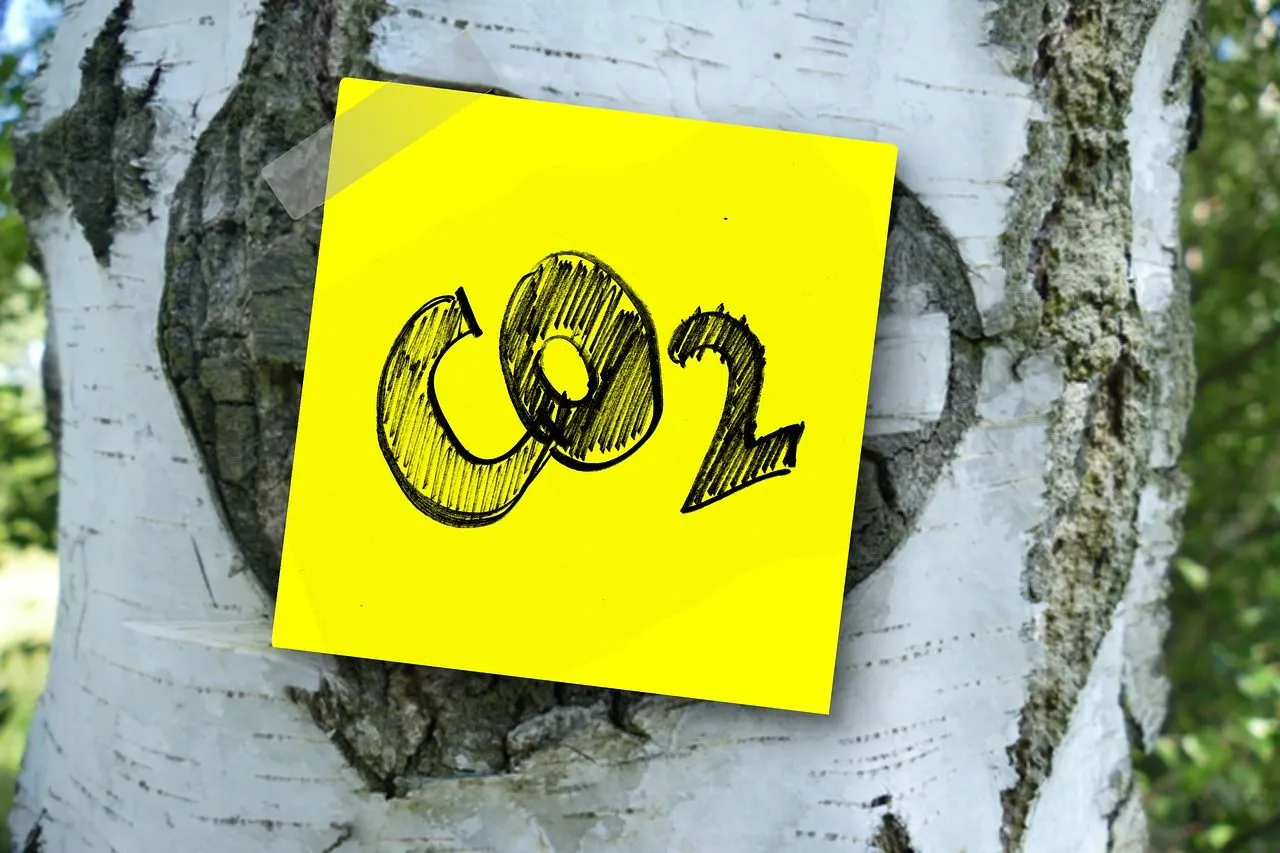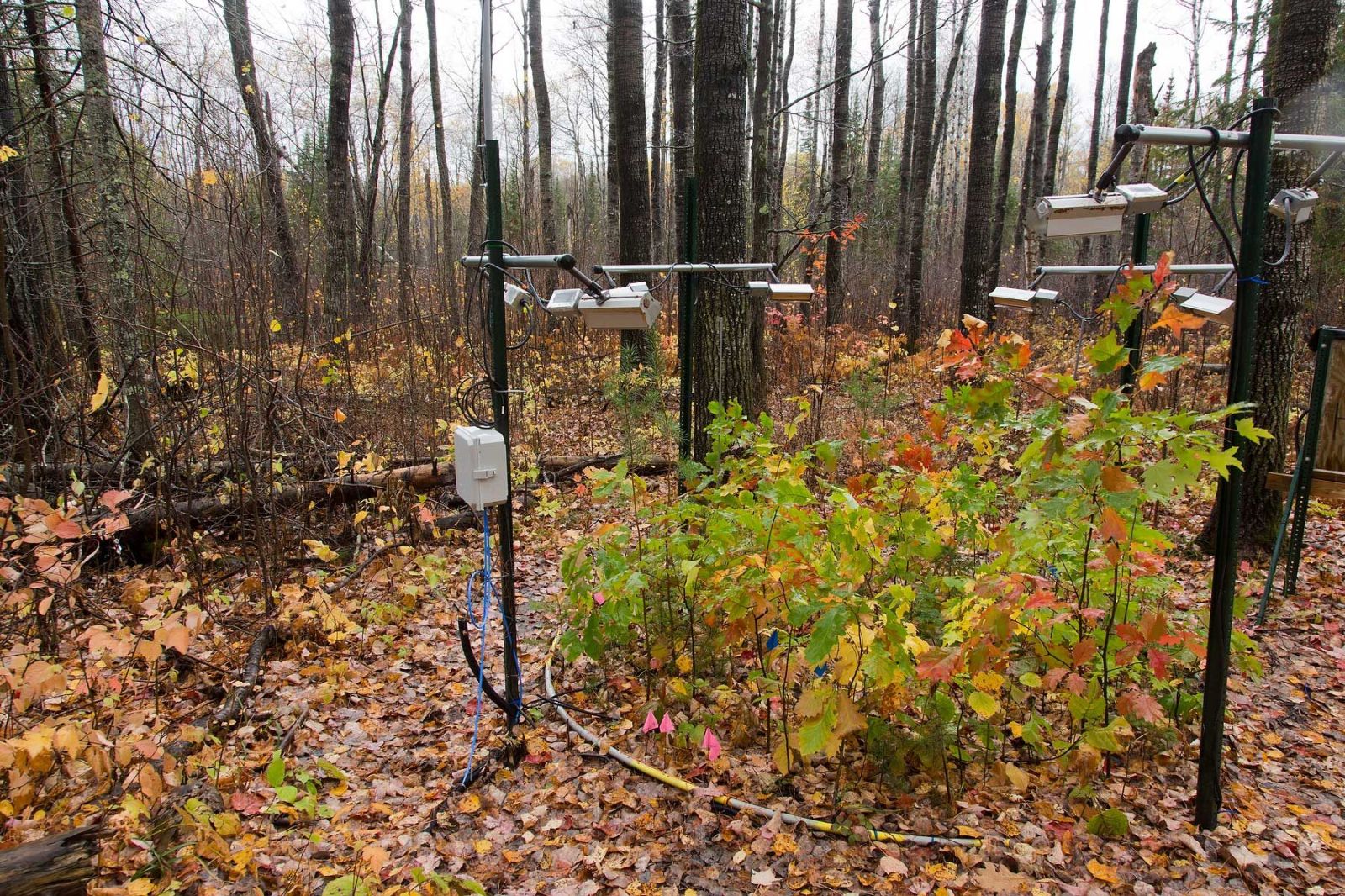When global warming prompts the soil to release CO2: a vicious cycle begins
Published by Cédric,
Article author: Cédric DEPOND
Source: Nature Geoscience
Other Languages: FR, DE, ES, PT
Article author: Cédric DEPOND
Source: Nature Geoscience
Other Languages: FR, DE, ES, PT
Follow us on Google News (click on ☆)

Illustration Image Pixabay
This ability of soils to capture and retain carbon helps reduce CO2 concentrations, a leading greenhouse gas responsible for climate change. However, this process may be threatened by rising global temperatures, with potentially severe consequences for the climate.
Global warming poses new challenges to forest ecosystems, particularly in terms of carbon storage in soils. With rising temperatures, scientists are concerned about the ability of soils to continue to function as carbon sinks. Indeed, the increase in temperatures could disrupt the delicate balance between carbon storage and its release by the soil, leading to an increased release of CO2 into the atmosphere.
In this context, Peter Reich from the University of Michigan and his team conducted an in-depth study to better understand the effects of global warming on forest soil respiration. Their work, spanning more than twelve years, focused on two sites in northern Minnesota.
The study involved maintaining soil plots at temperatures of 1.7°C (approximately 3°F) and 3.3°C (approximately 6°F) above ambient conditions, while observing the effects on CO2 emissions. This methodology, unique for its duration and precision, highlighted some worrying trends.

One of the 72 forest plots spread over two sites in Minnesota that researchers used to measure carbon in forest soil for more than a dozen years.
Photo credit: Artur Stefanski
The study's findings revealed that soil respiration, the process by which soil releases CO2, significantly increases with temperature.
In the moderate warming scenario, respiration increased by 7%, while in the more extreme scenario, the increase reached 17%. These figures suggest that global warming could lead to increased CO2 emissions from soils, thereby reducing their effectiveness as carbon sinks.
The study also highlighted the role of soil moisture and microbial activity in this process. Microbes, which contribute to soil respiration, prefer moist conditions. However, the rising temperatures also led to a decrease in soil moisture, which slightly curbed the increase in CO2 emissions. This complex interaction shows that soil moisture could play a moderating, albeit limited, role in the face of rising temperatures.
The implications of this research are vast, not only for boreal forests but also for tropical forests, where similar studies have shown that warming and drying of soils also exacerbate CO2 emissions.
These results underscore the importance of increased monitoring of forest ecosystems and adapting management policies to mitigate the effects of climate change. Future research must focus on strategies to maintain the efficiency of forest soils as carbon sinks in the face of growing climatic challenges.